Row over man appointed to make feminist Elsie Inglis sculpture
- Published
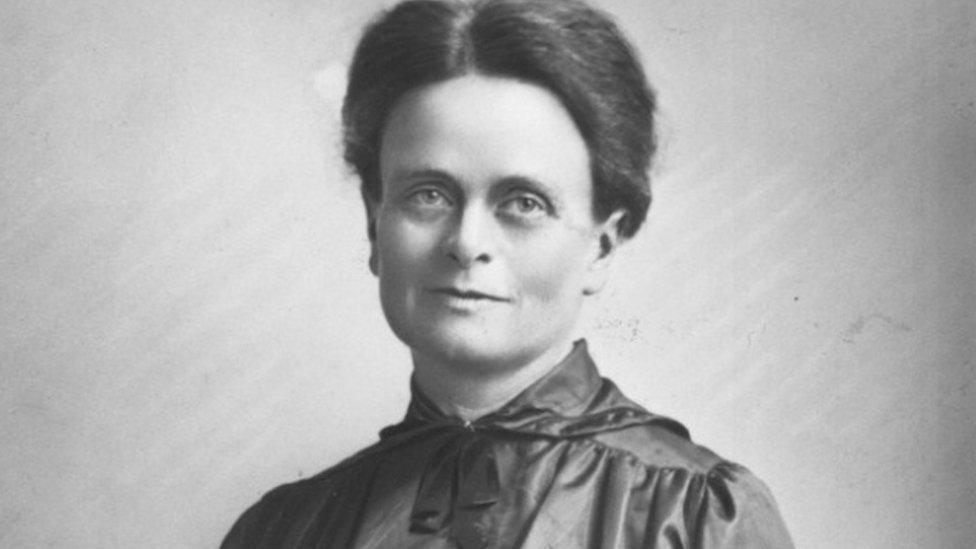
Dr Elsie Inglis established 17 Scottish Women's Hospitals across Europe during World War One
A row has broken out over the decision to appoint a man to make a sculpture in honour of the feminist Dr Elsie Inglis.
The charity planning a statue on Edinburgh's Royal Mile suspended its competition to find an artist and appointed the royal sculptor Alexander Stoddart instead.
It said the rethink came after watching the Queen's cortege on the Royal Mile.
Artists criticised the decision, saying it was in direct opposition to the core beliefs of suffragist Dr Inglis.
Dr Inglis set up 17 Scottish Women's Hospitals for injured soldiers during World War One.
Sculptors, some of whom had spent hundreds of hours on their competition entries, insisted the move was "wrong" and "embarrassing".
The charity, Statue For Elsie, said it was delighted that Mr Stoddart - the King's Sculptor in Ordinary in Scotland - had agreed to take on the commission.
But the charity, which raised over £50,000, has been accused of ignoring their own competition rules.
Activists have campaigned for years to correct the gender imbalance of statues on Edinburgh's Royal Mile by immortalising Dr Inglis in bronze.
An open letter to members, donors and the charity's board of trustees reads: "We do not support the decision of the trustees in hiring Alexander Stoddard.
"His consultation was sought during the 'open for entries' commission period, he had a financial interest and was therefore not objective.
"He has no clear links with Elsie Inglis or feminism and is very much not in the spirit of the original brief.
"We strongly believe Dr Elsie Inglis would not support the sudden cancellation of the original open call for submissions and hiring of the Royal sculptor and the resulting blocking of women from entering the commission.
"This decision goes against the aims of the campaign. It stands in direct opposition to the core beliefs expressed by Dr Elsie Inglis herself."
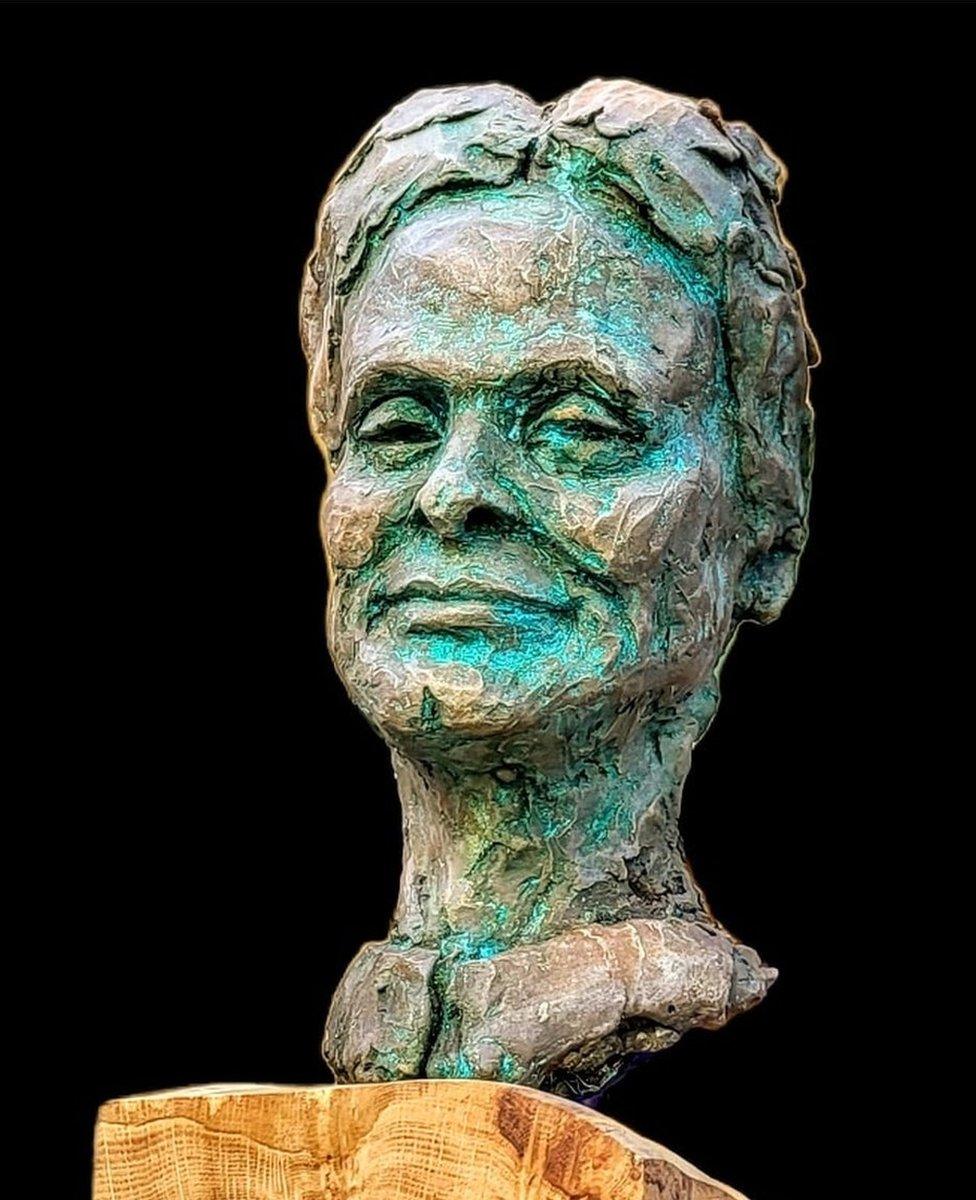
An example of Natasha's work of Dr Elsie Inglis before she submitted sketches to the competition
A statement on the Statue For Elsie website, external said the charity took the "very difficult" decision to suspend competition after recognising the statue "needed to meet with the historical consciousness of the Royal Mile".
It added: "It was further confirmed we needed to rethink our approach as we watched the Queen's coffin and the cortege make its way to St Giles' Cathedral for a service of remembrance.
"We had the opportunity to consult with Alexander Stoddart, the King's Sculptor in Ordinary in Scotland, and to our delight he has agreed to take on the commission."
Natasha Phoenix, an artist who said she worked for 650 hours on a proposal for the statue, said Dr Inglis "would have been absolutely disgusted" by the charity's decision.
She said: "This is anti-feminism. Personally I couldn't be more disgusted with the choice of sculptor."
She said she would have been happy if a man had been chosen fairly, but said it was "wrong" for the charity to have invited entries then broken its rules by scrapping the competition.
The Scottish Charity Regulator told BBC Scotland it had received no complaints. It said the sculpture contest would not come under its regulatory role.
In a social media post the Statue For Elsie campaign said it "sympathised with the frustration" of the artists involved and had sent an account of proceedings to the charity regulator.
It added: "We will not be making any further comment."
Dr Inglis, who was born to a wealthy family in 1864, established maternity services for poor women in Edinburgh.
When World War One began in 1914 she wanted to work on the front line, but was told by the war office that women were not allowed.
However, Britain's allies allowed her to help and she set up 17 Scottish Women's Hospitals for injured soldiers across Europe.
Along with colleagues and associates from the suffragist movement, she raised the equivalent of £53m in today's money to buy medical equipment to help those on the front line.
Related topics
- Published26 November 2017
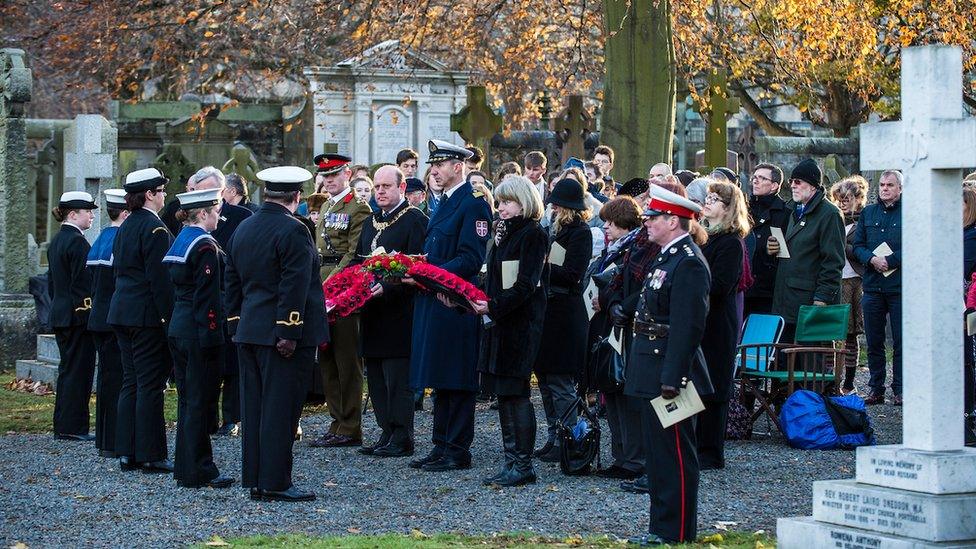
- Published26 November 2017
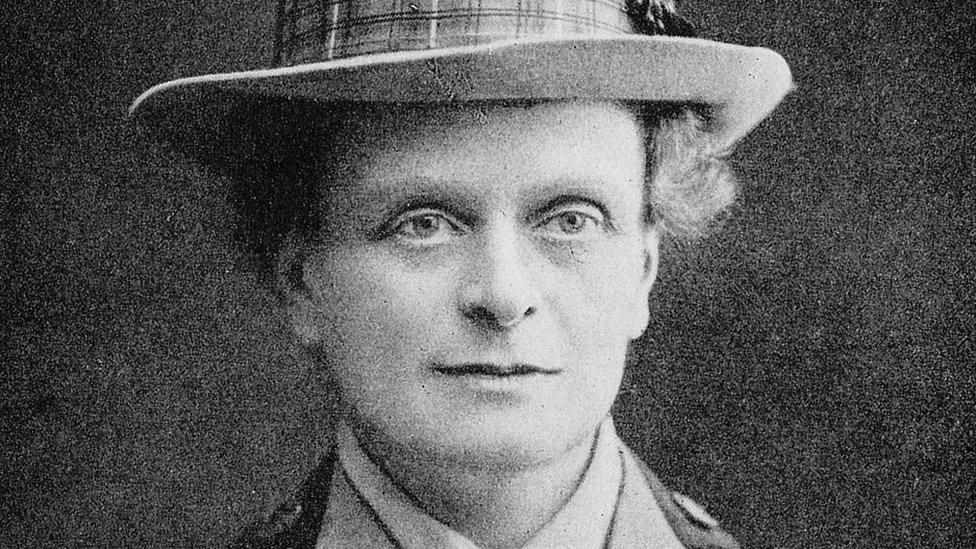
- Published8 November 2017
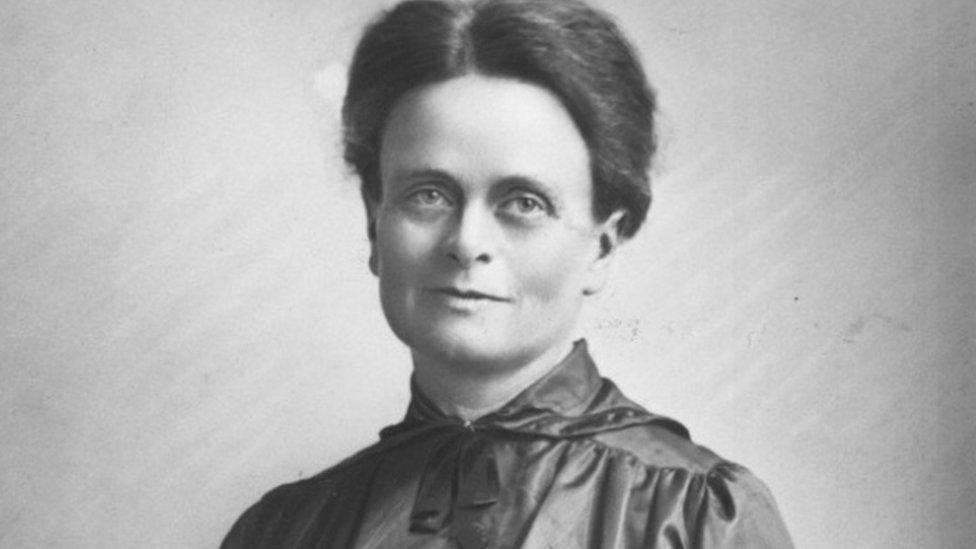
- Published20 January 2016
